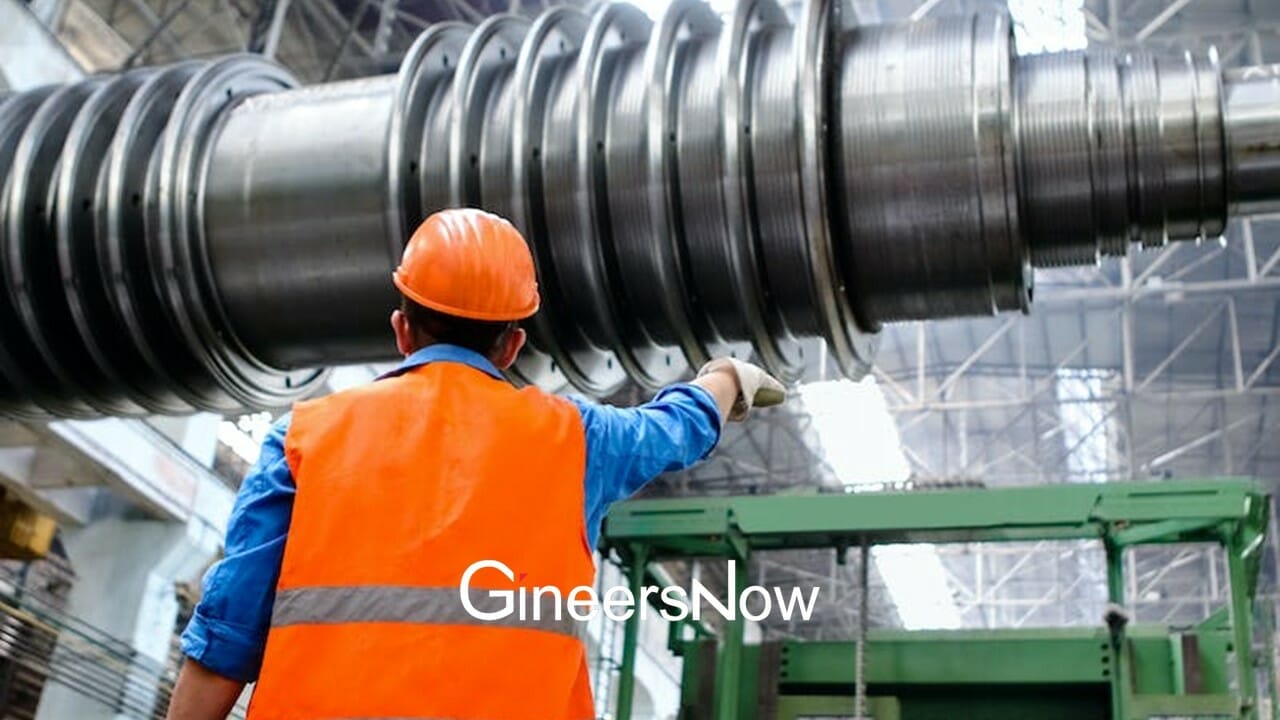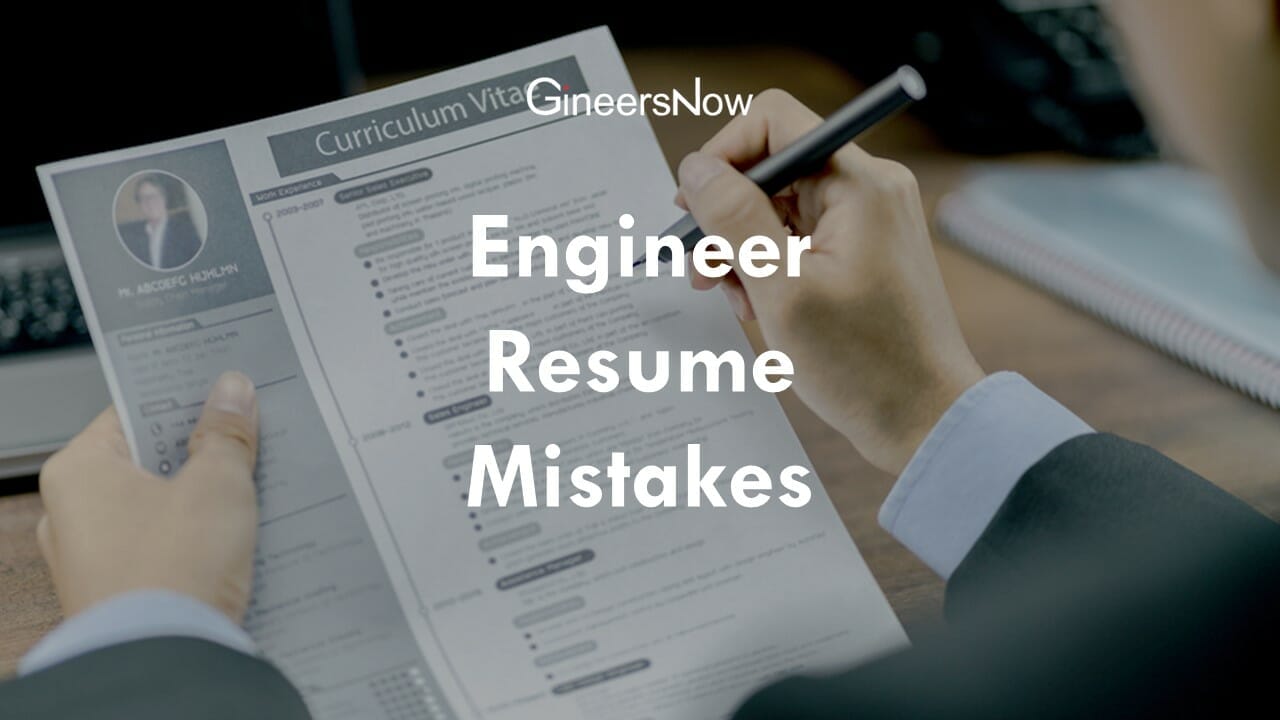7 Stages of Professional Development and How You Can Improve Yourself
Professional development is one of the important criteria for evaluating personnel. Quality education gives a start to a career, but it is the employee who constantly strives to improve his abilities that is valuable. In fact, such a specialist can be confidently called a company’s resource.
Professional development happens gradually. If a person can view his mistakes as an important experience, he can use it in his future career. Let’s talk about professional development in detail.
The Value of Professional Development
The pursuit of professional development is a great quality for anyone who wants to be in demand as a professional and perform their duties well. No matter what heights we reach, there are always areas to improve.
Professional development is not always about careerists, who dream of high positions and huge incomes. You can develop your business not only vertically but also horizontally, becoming an indispensable specialist in your niche.
Education and professional literature broadens horizons, allows you to look at your business in a different way, and see new opportunities.
Professional development and personal self-development go hand in hand. Any progress affects different spheres of human life. For example, using new Baccarat online Philippines tactics, you improve your strategic thinking, which will help you with your performance at work.
All knowledge becomes obsolete. You cannot use all the information you get at college all your life, because the world doesn’t stand still. Knowledge needs to be layered on top of each other: the base, the professional foundation, and the layers of experience and new skills.
With self-improvement, we gain new experiences that help us cope with everything that happens in life. These experiences can be different. In any case, it strengthens us and allows us to address issues that previously had no answers.

7 Stages of Professional Development
Professional development is a long and fairly dynamic process that includes several stages. Here they are.
Growth Stage
This stage begins in preschool age and ends in adolescence. A person learns to know this world, to interact with it, to single out areas of activity that are interesting to him or her, and to immerse himself or herself in them more densely in ways that are convenient for him or her. The child chooses different professions and tries them on himself: today he is a doctor, in a month he is a policeman, in a year he wants to be a fireman, and in a few more years he wants to be a programmer, etc.
Around 11-12, more stable interests begin to form in a person, they are already more conscious. Of course, it is still early to talk about career choice at this age, but the child can already draw parallels between their hobbies and the areas in which they can be applied. Gradually individual abilities and personal characteristics of a young person are revealed, and the understanding that they are good for a particular profession comes.
Clarification Stage
At this stage, the child is more densely engaged in determining the profession in which he would like to be realized in the future. He or she finds out what knowledge, skills and qualities he or she will need to do this. This happens around the age of 14 to 17, which is the period in the final years of high school and the choice of institution where vocational training is to be acquired. After that, the person enters college, and upon its completion, starts working.
Stage of Professional Adaptation
At 25-30, there is an immersion into the profession, awareness of himself in it. A person determines whether he has made the right choice. Someone gets confirmation that the current work helps him reveal his potential and realize himself as a professional. Another feels that the chosen activity does not bring him/her any pleasant emotions at all. In the second case, the person either continues to stay in the professional field that he or she dislikes, or leaves it in search of something new.
Stage of Professional Stabilization
At this stage, the person gets fixed in a certain professional role and status. He feels in his right place, has a desire to work, and is motivated to succeed. Usually this happens between 30 and 50.
Developmental Stage of Professionalism
This stage is characterized by a person’s striving to increase his or her professionalism. Often it is associated with career growth, serious achievements at work. The person is engaged in improvement of the qualification, acquires new knowledge and skills, and wants to become the best in the business.
Pseudo Professionalism Stage
There is another side of the coin called pseudo professionalism. And this is the real problem. Professional development of an individual presupposes a high efficiency of labor, and this is what a person acquires new knowledge for. However, the activity of some workers turns out to be ineffective, despite all the labor input. This can be caused by different reasons: low qualification, lack of necessary knowledge, application of outdated work methods, unwillingness to develop and improve, fixation on labor activity, etc.
Post-professional Stage
This is the stage when a person completes his professional activity. At the same time he can remain a valuable mentor and expert in his field, to whom young professionals turn for advice.














